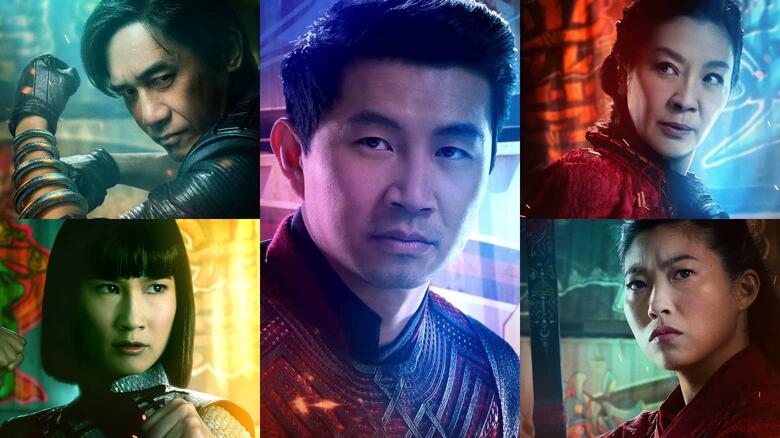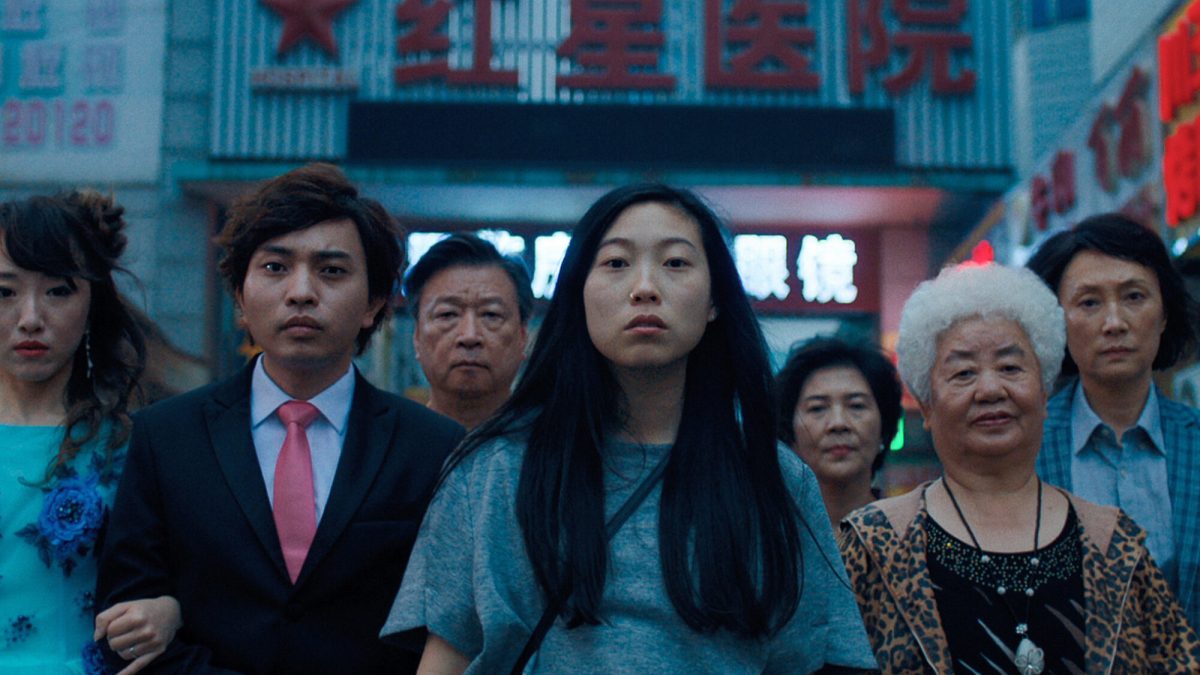Shang Chi has been released in cinemas overseas, and it’s been a long time coming.

Shang Chi and The Legend of the Ten Rings is the latest instalment in the Marvel franchise. It follows Shang Chi as he is forced to confront the past he thought he had left behind, after being pulled into the mysterious operations of the “Ten Rings”. The Ten Rings were first mentioned in Iron Man (2008), being the organisation responsible for the kidnapping of Tony Stark. The movie was released officially on September 5, but lockdowns in Australia have its release date for either the cinemas or Disney+ in waiting.
Featuring Simu Liu (Kim’s Convenience), Awkwafina (Crazy Rich Asians), Hong Kong actor Tony Leung (Chung King Express) and Malaysian actress Michelle Yeoh (Crouching Tiger, Hidden Dragon), it is the first Marvel film featuring a majority-Asian cast. It is also a film that has allowed for a more varied representation of the Asian minority in Hollywood, one of the reasons why the film is so important presently.
Approaching Representation
In spite of Shang Chi’s anticipated release, many Marvel fans have realised how they have yet to see proper promotional material for the movie anywhere besides Simu Liu’s personal social media. Personally, I have yet to see a trailer for the movie in Australia, yet alone a release date, whether that be during or after current lockdowns. On TikTok, many videos have been released questioning this lack of promotion, with user @slickla34 saying in one of them:
“Simu Liu has taken the entire Shang-Chi promotional campaign into his own hands at this point. Like it really feels like he’s just doing all the promotional campaign work that Marvel Studios refuses to do for him. I don’t think I’ve ever seen a Marvel actor this excited to be in an MCU film and someone who is regularly posting about it”.
Marvel’s CEO, Bob Chapek, called the movie’s release strategy as “an interesting experiment” for the company, which brought much anger towards the Asian community and Simu Liu himself. He retaliated on Twitter, stating:
We are not an experiment.
We are the underdog; the underestimated. We are the ceiling-breakers. We are the celebration of culture and joy that will persevere after an embattled year.
We are the surprise.
I’m fired the f**k up to make history on September 3rd; JOIN US. pic.twitter.com/IcyFzh0KIb
— Simu Liu (刘思慕) (@SimuLiu) August 14, 2021
Despite the CEO’s comments, according to Forbes the movie currently holds the highest Rotten Tomatoes Score for a Marvel movie, with a 98% audience score.
Stereotypical Portrayals
In Western media, Asians have been predominantly cast in roles that enforce racist stereotypes. The no-nonsense studious nerd and the “Sorry no English” comedic relief, to name a few. These stereotypes tell Asians that we shouldn’t expect more in terms of how we are portrayed, or that when we’re represented in ways that still don’t properly represent us, that we should be grateful we’re being included in the first place.
The release of Crazy Rich Asians allowed for a more normalised representation of Asian faces in Hollywood movies. Versus being portrayed as just martial arts specialists, we were shown living regular three-dimensional lives, if somewhat extravagantly. Being able to listen to the music I grew up with and seeing Asian faces on Western screens was a feat in itself and continues to be talked about with its iconic wedding scene and the “It’s not my job to make you feel like a man. I can’t make you something you’re not” line. But in contrast, The Farewell and Minari offer something different.

Personally, they better represent the experience of growing up Western, but living through it with a foreign upbringing and culture. For Asians, or any other minority growing up in the Western world, there’s a fine line that is being crossed every day when interacting with societies that don’t understand our behaviours. Movies made by us, for us, allow us to be heard in ways that typical movies with white actors can’t do. It confirms our experiences while allowing others to understand our upbringing and how our ‘differences’ can actually be similar. It’s why representation matters so much and is part of why Shang Chi should be given its due diligence.
With the anti-Asian sentiment that has spiked since the start of the pandemic, it is more crucial than ever to make sure that we are being properly represented in the media. Shang Chi allows this by representing the Asian community as worthy of being part of the mainstream narrative, telling kids and adults alike that we are worthy of playing the parts we’ve been denied. That we CAN be superheroes and aren’t limited to the options forced upon us.
Watch the trailer for Shang Chi and the Legend of the Ten Rings below!






